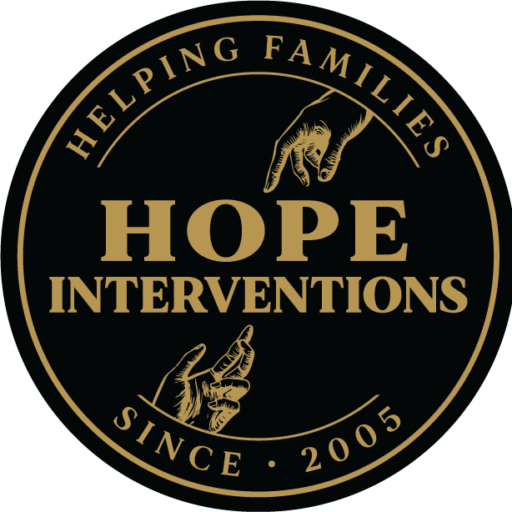Addiction doesn’t just impact the individual—it deeply affects families and relationships. When a loved one refuses treatment, families often feel powerless. That’s where an addiction interventionist comes in. These professionals don’t just lead interventions—they act as a bridge between families and treatment centers, ensuring everyone is supported and the path to recovery is clear.
The Family’s Role in an Intervention
Families are at the heart of an intervention, but emotions can run high. Fear, frustration, and years of conflict often get in the way of constructive conversations.
- Interventionists prepare families by teaching communication strategies and helping them express love without judgment.
- They also set boundaries, guiding families away from enabling behaviors.
- Families learn how to stay united, presenting a consistent message of care and hope.
How Interventionists Work with Families
- Assessment & Planning
- Meet privately with the family to learn the history of substance use.
- Identify enabling patterns and prepare personalized strategies.
- Meet privately with the family to learn the history of substance use.
- Education & Coaching
- Teach families about addiction as a medical condition.
- Provide tools for healthy communication and boundary-setting.
- Teach families about addiction as a medical condition.
- Facilitating the Intervention
- Lead the meeting, keeping emotions under control.
- Ensure each family member feels heard and contributes constructively.
- Lead the meeting, keeping emotions under control.
- Aftercare Guidance
- Offer ongoing support to families after their loved one enters treatment.
- Connect them to family support groups and counseling.
- Offer ongoing support to families after their loved one enters treatment.
The Connection to Treatment Centers
A successful intervention doesn’t stop with a heartfelt meeting—it ends with the individual entering treatment. Interventionists help families by:
- Presenting treatment options tailored to the loved one’s needs.
- Coordinating admissions with detox, residential, or outpatient programs.
- Managing logistics, including transportation or immediate placement.
- Building continuity of care by staying in contact with treatment providers.
This close collaboration ensures the transition from intervention to treatment happens quickly and effectively.
Why Collaboration Matters
- Improves success rates: Treatment acceptance is much higher when handled with professional coordination.
- Reduces stress for families: Instead of scrambling to find care, families are guided through the process.
- Strengthens long-term recovery: Families and treatment centers work together to create ongoing support networks.
Conclusion
Addiction interventionists are more than mediators—they are connectors, linking families with treatment centers and creating a pathway to hope. By working with both sides, they ensure the intervention process doesn’t just open the door to treatment, but also helps families heal along the way.
At Hope Interventions, we specialize in guiding families through every step, from preparation to treatment placement, so no one has to face the journey alone.

